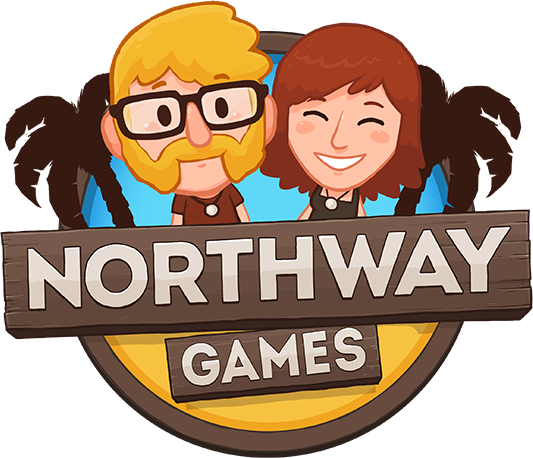I was watching this video by Rev3Games hosted by Anthony Carboni this morning , at the beginning of the interview Anthony suggests that game designers tend to love Spelunky more than other people. I don’t know if this is true but I have a theory about why it might be.
Games are inherently about getting better, progressing towards mastery and there are two ways for games to give you this feeling of mastery:
- Skill Mastery: give you systems that you can learn and improve at (i.e. improving your multitasking is Starcraft)
- Number Mastery: increase some number over time (i.e. increase your level in Final Fantasy)
Games are almost always a combination of the two. The core of the game is something you can improve at and by improving you are able to increase some number that is a gauge of your skill. I think the less of a gamer someone is the more easily they confuse these two things. The most casual games have almost no skill mastery but strong number mastery systems (Farmville being an amazing example). The least casual games usually have number mastery very tightly coupled to skill mastery with Starcraft and Chess’ ladder systems topping the chart. Game designers, who think about games all the time, should be really good at distinguishing between these two things and that helps them like Spelunky, which has wonky number mastery.
Spelunky is a hardcore skill mastery game. No matter how many times you play you always start the game naked as the first time you played. In the video above and in other places Derek talks about how Spelunky has a non-traditional difficulty curve: it starts very steep in the mines, gets even harder in the jungle and then eases out with the ice and the temple. But the rate at which people aproach skill mastery is the opposite, they start bad and then get better and better and better. This means the game’s number mastery system (getting to later levels) is telling you that you are improving very slowly even when you are improving very quickly. Even a future master of the game will spend a lot more time dying in the mines then they will ever spend in the late-game temple levels.
The result of this is that the game is very frustrating to players who look to number mastery for their “I’m improving” fix (since improving at something is why games are fun) and less frustrating to players who “see past” the numbers and know that they are greatly improving their skills despite not being able to beat the first level.
Does this mean that some people are better at self-gauging when they are improving at things than other people? Or that they trust their own sense of improvement over external indicators? Or that they value external indicators less? Probably a combination of all three. I would also wager that the more games you play the more true all of these things become. As time passes you play less and less for the numbers and more and more for the raw experience of playing and learning, of experiencing novel environments and learning to master them.
So game designers, because we play a lot of games, probably like Spelunky more than people who have played less games. You could also argue that being in indie games self-selects people with a strong attraction to internal indicators over external ones. Making an indie game requires months or years of work with little clear, positive, external feedback. Meaning we have to be good at self-guaging when we are improving.
It may be that all of these things make it easier for players like me to enjoy Spelunky, but I doubt that it makes Spelunky better for us. I think we would probably enjoy it just as much if the numbers reflected our growing skill more generously, and maybe all those people who find it “too hard” would realise that the game is just lying to them.


Comments
2 responses to “Spelunky + Game Designers = <3?”
for me a large part of spelunky’s appeal is that the game is not generous in telling you that you are improving.
so while i agree with what you’ve written, i’m saddened by your conclusion..
probably it would have a larger audience if was a little more generous